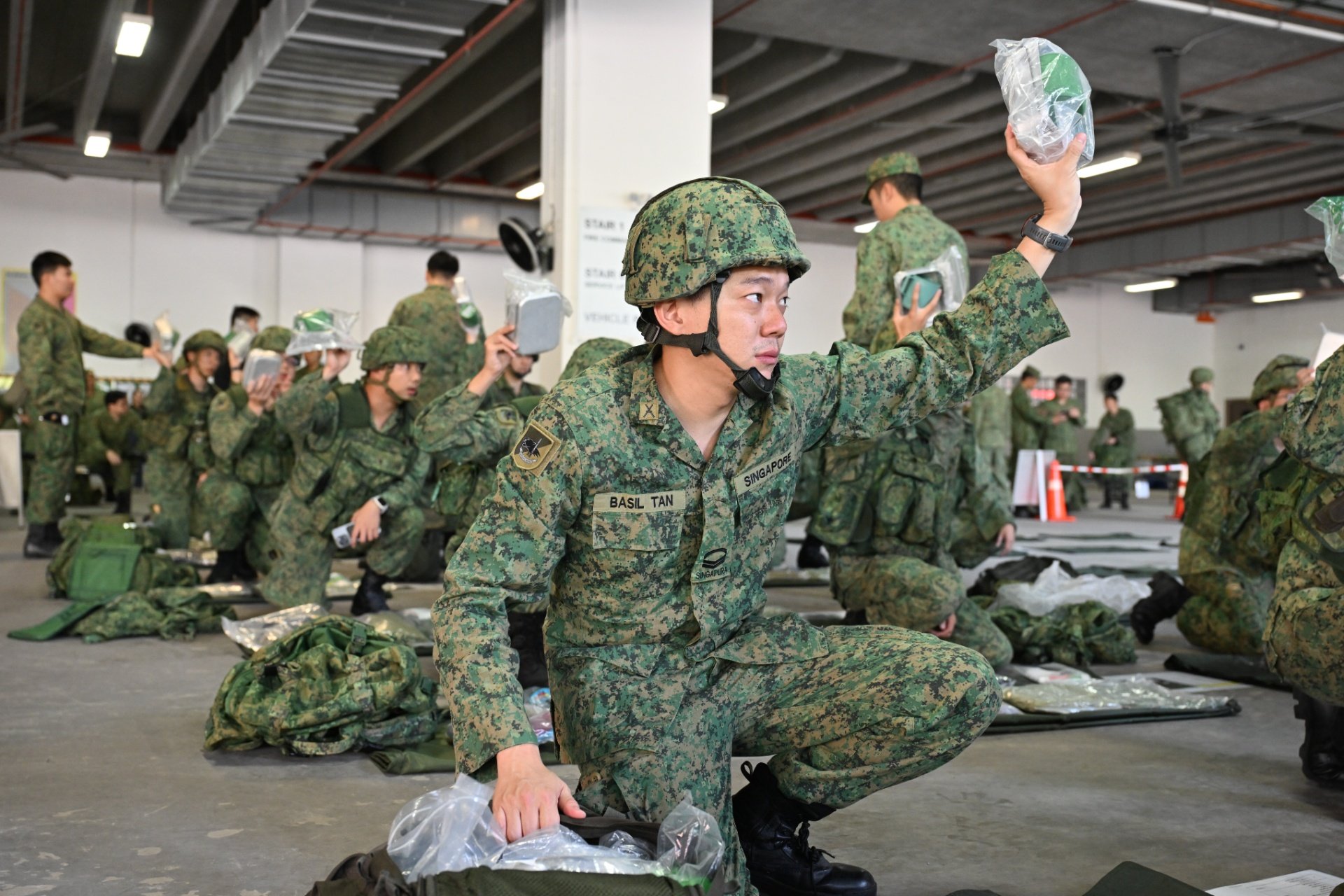OPS & TRAINING
Optimising visual performance for RSAF pilots
26 Jan 2024
Aspiring pilot candidates who are myopic have a choice of going through sponsored eye corrective surgery, should they make the cut.
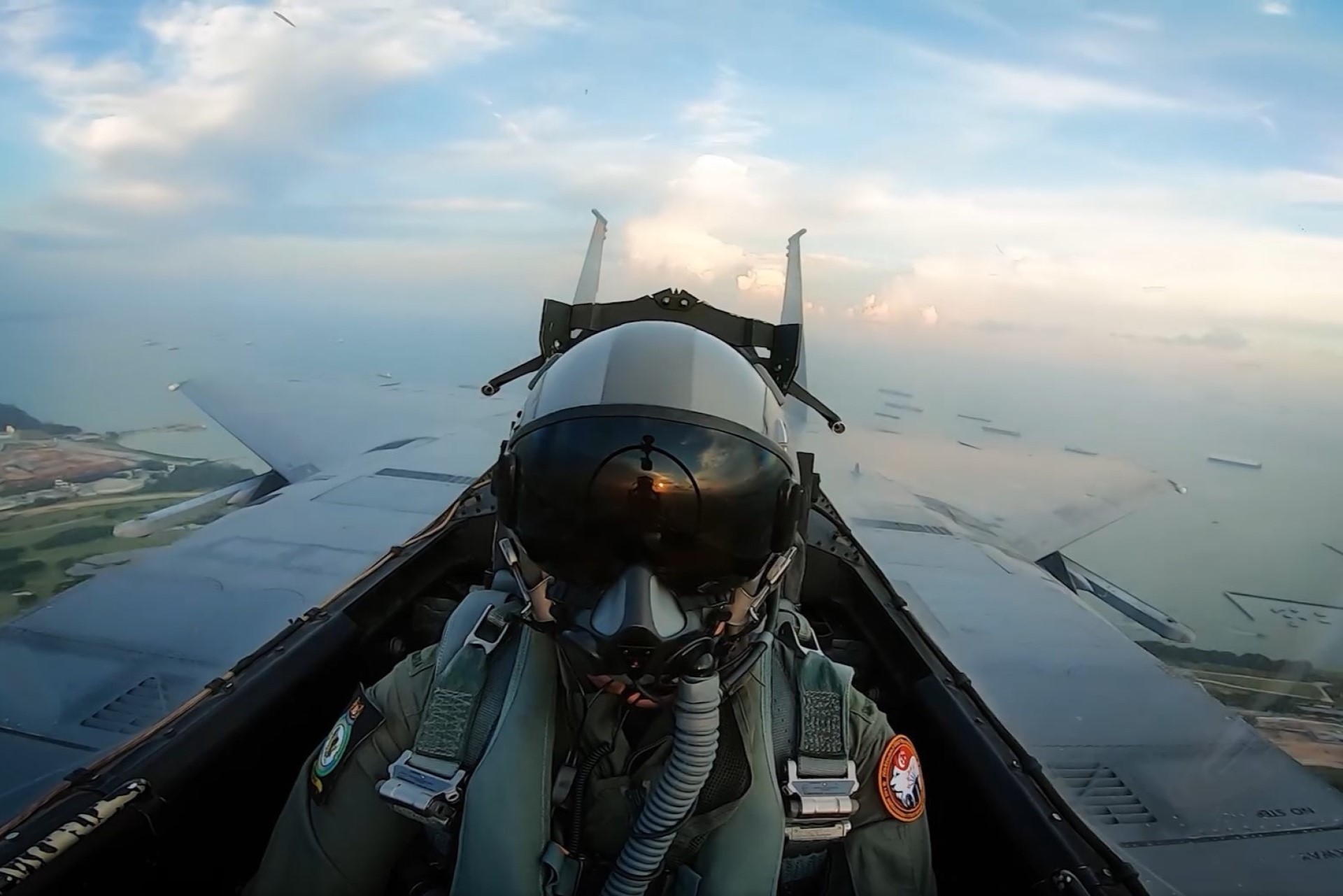
Who says you can't be a pilot if you wear spectacles?
With close to 90 per cent of all Singaporean adults estimated to become myopic by 2050, perfect vision is set to become a rarity.
To counter this problem, the Republic of Singapore Air Force (RSAF) has a Corneal Refractive Surgery (CRS) programme that allows prospective pilot candidates to embark on a military flying career without being hindered by the wearing of spectacles.
"This enhances their ability to perform their flying duties safely and effectively, as well as enhances their ability to do their missions," said Major (MAJ) (Dr) Isaac Chay.
The 31-year-old is a Medical Officer and trainee eye specialist in the RSAF Aeromedical Centre.
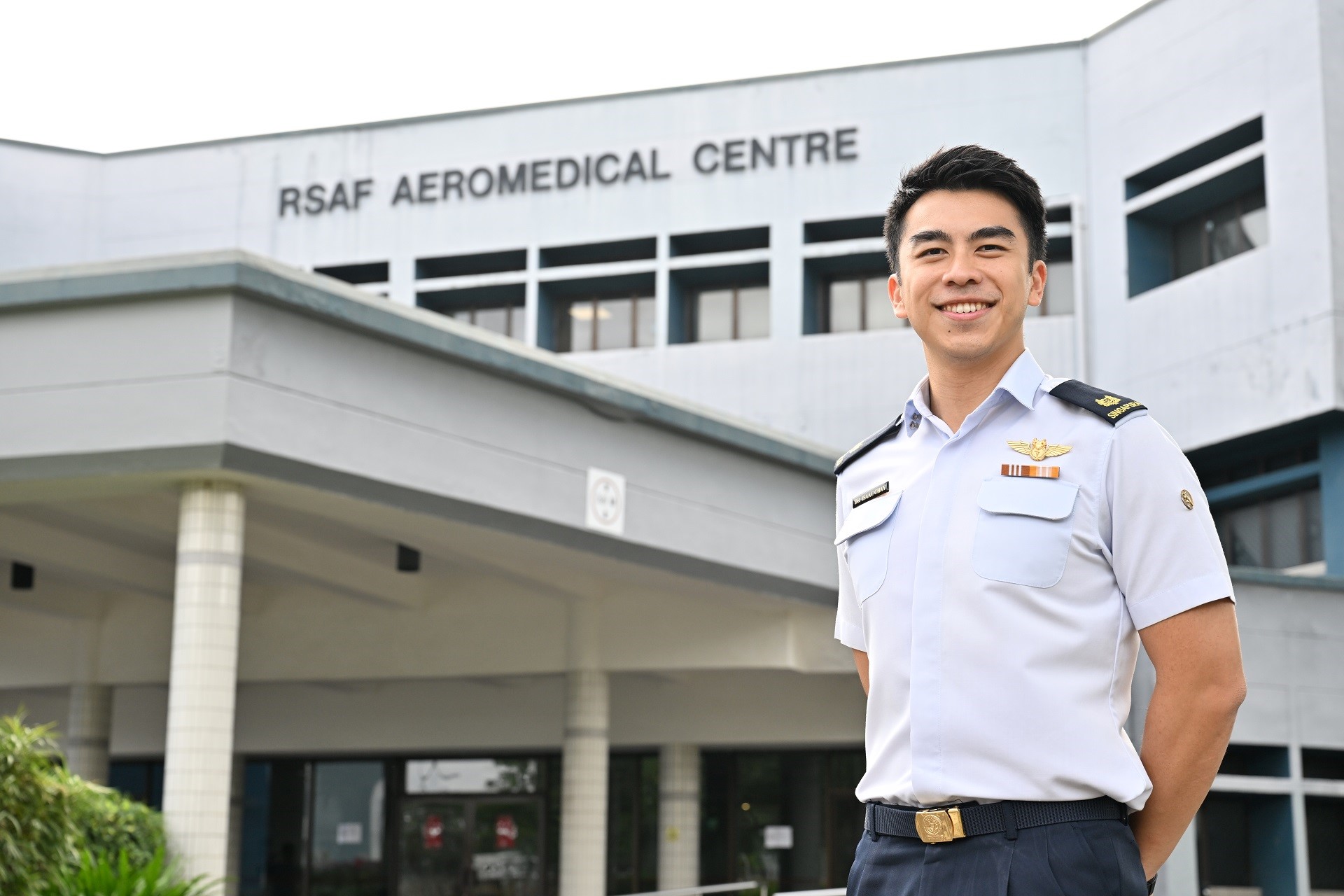
Since its introduction in 2005, more than 400 aircrew have benefitted from the CRS programme, with all of them successfully returning to their flying duties after undergoing refractive surgery.
Prior to the procedure, Pilots and Weapon Systems Officers (WSOs) (Fighter) applicants will undergo a series of eye tests to make sure their eyes are suitable for the surgery.
Those who are eligible can choose between two procedures – Photorefractive Keratectomy (PRK) and LASIK, which was introduced in 2013.
The surgeries are done at National University Hospital (NUH) and only a handful of surgeons can perform these procedures.
"Only very specific surgeons are allowed to operate on our aircrew's eyes because we need the utmost surgical standards… So even for the surgeons, there is a very stringent selection standard," explained MAJ (Dr) Chay.
Post-surgery, the aircrew will get their checks done at both NUH and the RSAF Aeromedical Centre (ARMC) to ensure that their recovery is on track. They then resume their military flying duties once deemed suitable.
The aircrew also have to return to the ARMC for yearly eye checks to ensure that they meet safe and stringent military flying standards.
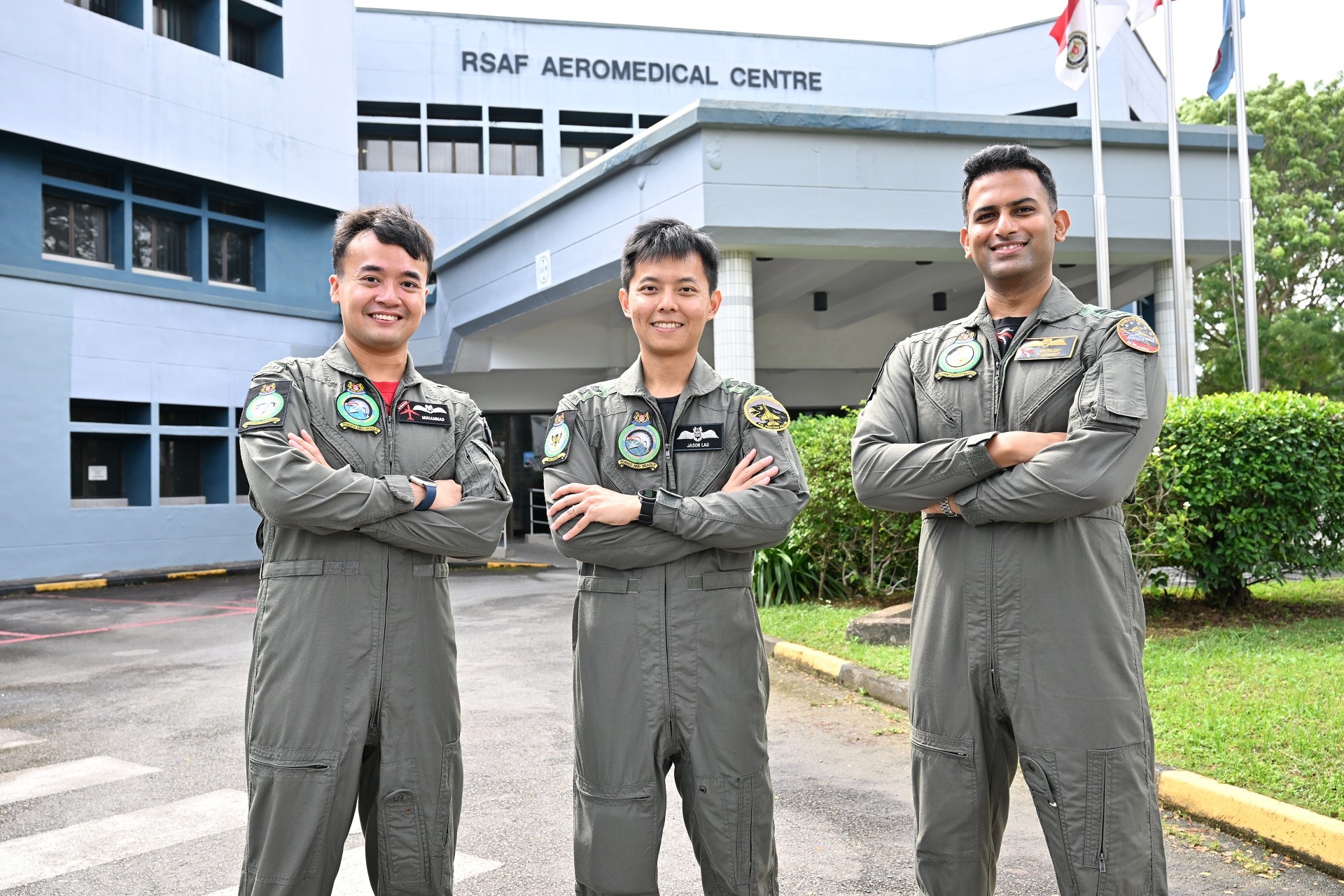
Getting that 6/6 vision
For F-16 fighter pilot Lieutenant Colonel (LTC) Jason Lau, undergoing PRK was one of the best decisions he has ever made.
He did the procedure in 2012 and has maintained perfect vision ever since. Before the operation, his myopia was 300 degrees for the left eye and 475 degrees for the right.
Asked why he chose to do the surgery, LTC Lau said that wearing spectacles during flight can cause discomfort at the pressure points above the ears if they are not fitted well. The lenses may also fog up due to condensation.
"Good eyesight is especially important because when you're within visual range in a dogfight, you need to see your adversary before he sees you.
"If you lose sight (of your adversary), you lose the fight and that's why (our eyesight) is one of the most important things that we need to take care of," said the 35-year-old fighter pilot from 143 Squadron (SQN).
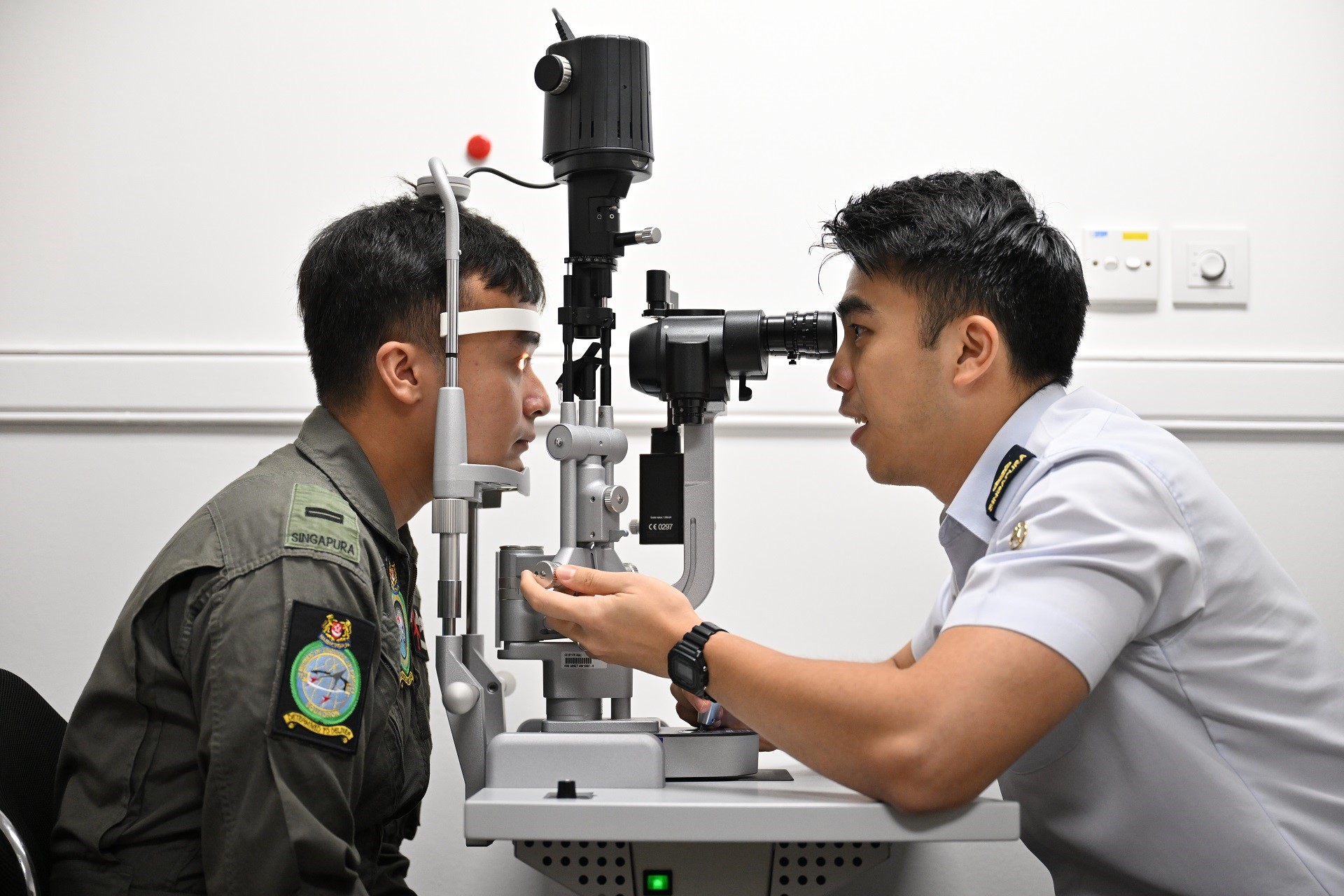
Fellow pilot Captain (CPT) Padigepati Anirudh Reddy's PRK experience was so good, he even convinced his wife and parents to do the same.
Prior to the surgery in 2010, his myopia was 450 degrees for the right eye and 400 degrees for the left. The 36-year-old also had astigmatism.
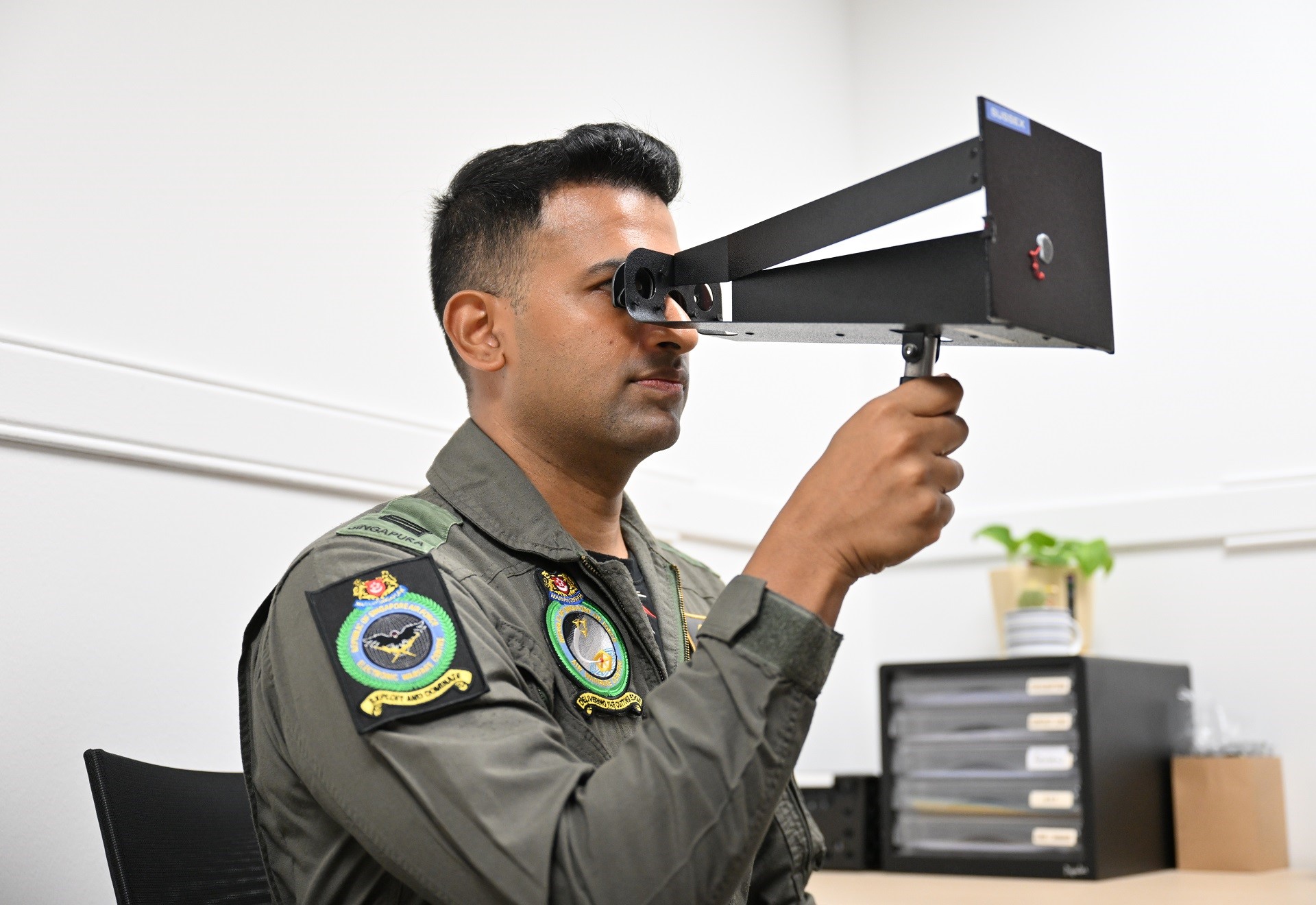
Initially afraid, CPT Anirudh was pleasantly surprised that the procedure was painless and completed in less than five minutes. Although he experienced the usual side effects such as tearing and sensitivity to light, his vision got better by the third week.
"By the third week, it was amazing! It's like you see the world differently.
"I'm thankful to the RSAF for this because not only did I get to see better, but it has allowed me to travel all over the world," said the H225M Medium Lift Helicopter Pilot from 125 SQN.
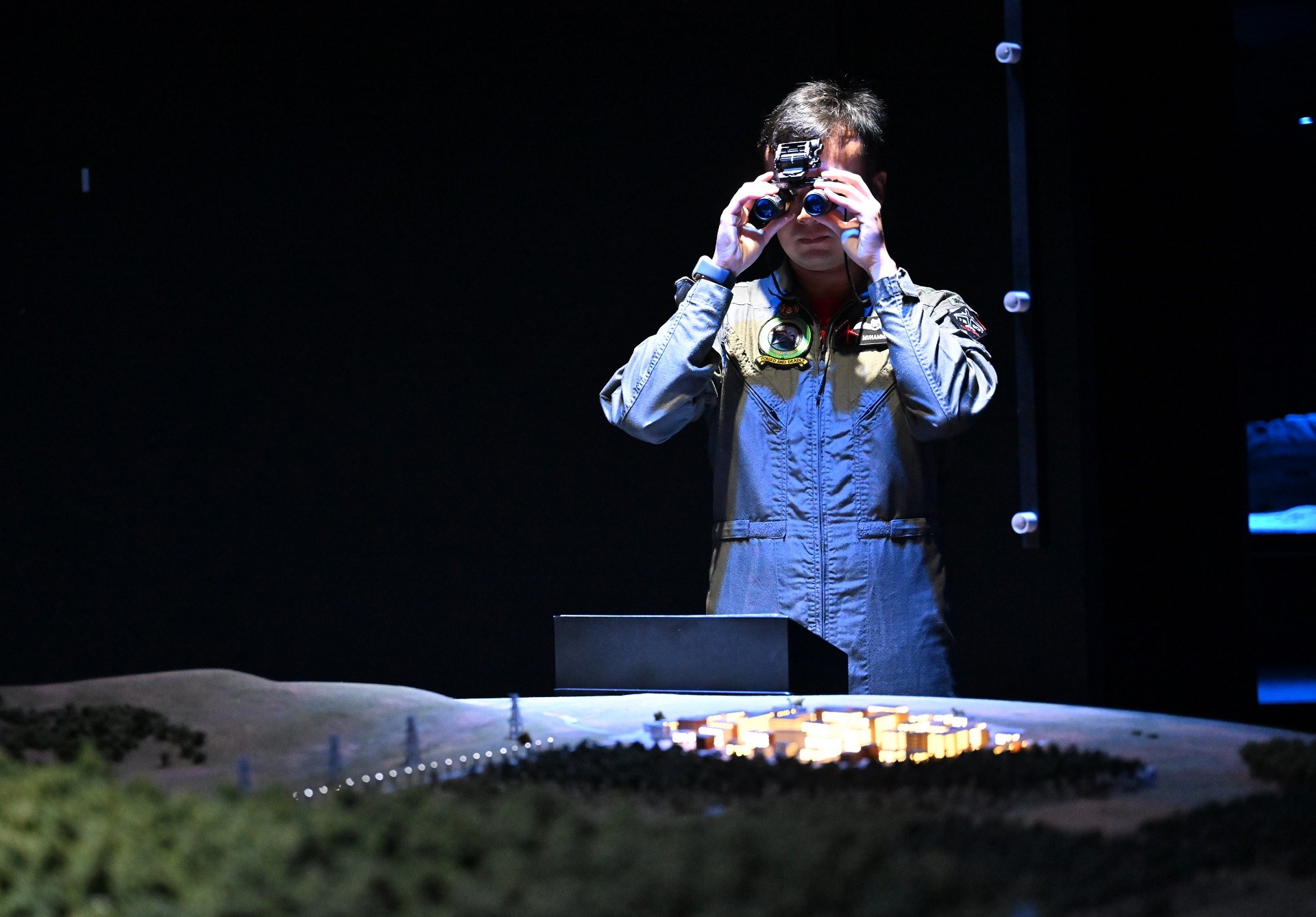
Life-changing experience
Calling it a "life-changing experience", Lieutenant (LTA) Muhammad Bin Mohamad Nasir said that undergoing the PRK has helped him performed better in flying.
Recalling his bespectacled days of flying in the Singapore Youth Flying Club (SYFC) during school, he said he often experienced some discomfort at the pressure points over his ears at times while flying.
He also had to bring a spare pair of spectacles in case his current one accidentally broke during flight.
During one of his annual eye checks, LTA Muhammad found out about the CRS programme and learnt that it could help him fulfil his dreams of joining the RSAF.
He decided to join the Air Force in 2020 after graduating from SYFC, and did the PRK surgery a year later.
"It's been life-changing and my experience from this was really positive," said the 24-year-old Transport Pilot from 112 SQN who flies the A330 Multi-Role Tanker Transport.
"I've recommended some of my RSAF friends to try and go ahead with this LASIK and PRK – it's really good!"
ALSO READ IN OPS & TRAINING
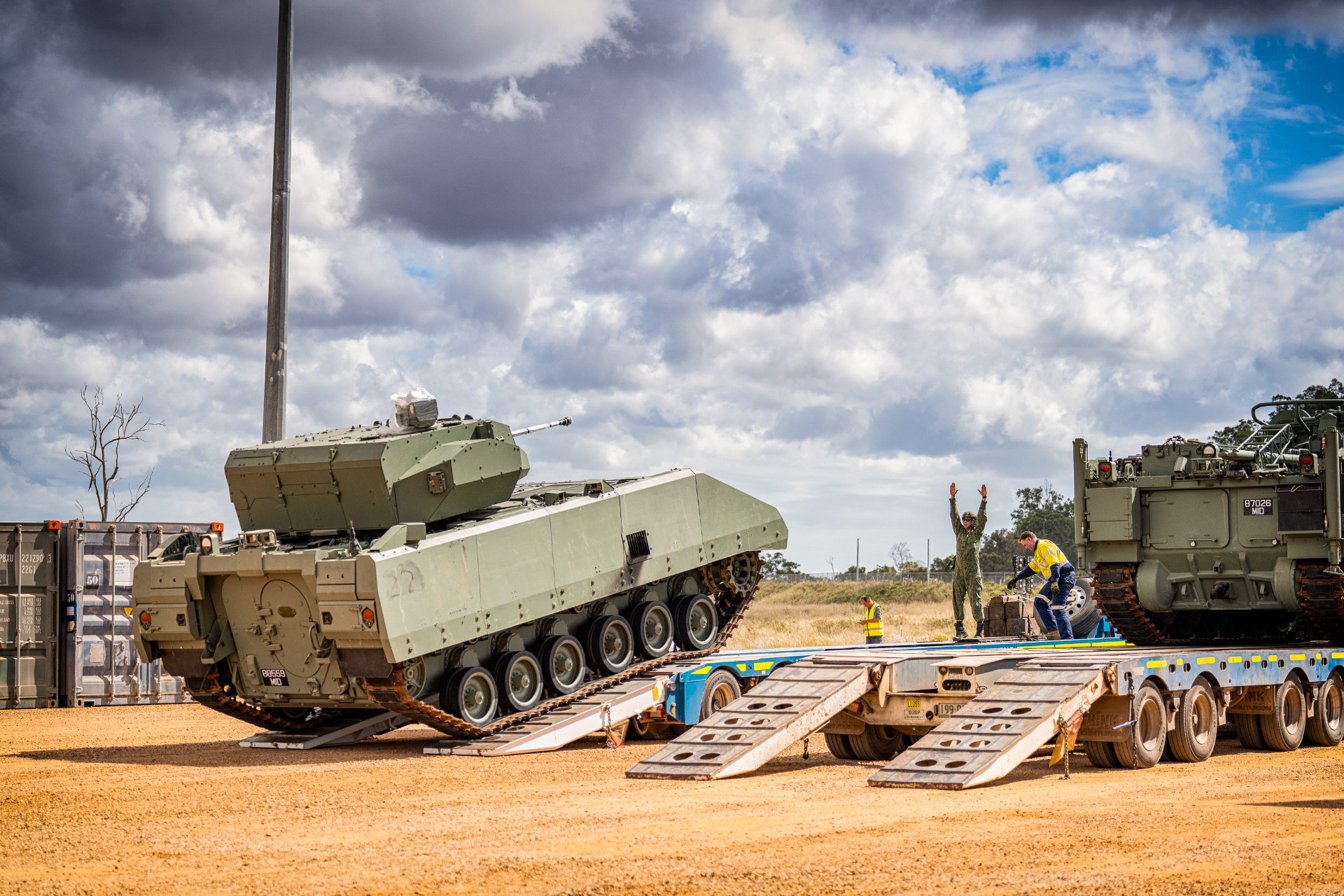
First in, last out at Ex Wallaby 2025
06 Nov 2025
Meet the teams who toil behind the scenes to enable the smooth conduct of the SAF’s biggest unilateral overseas exercise.
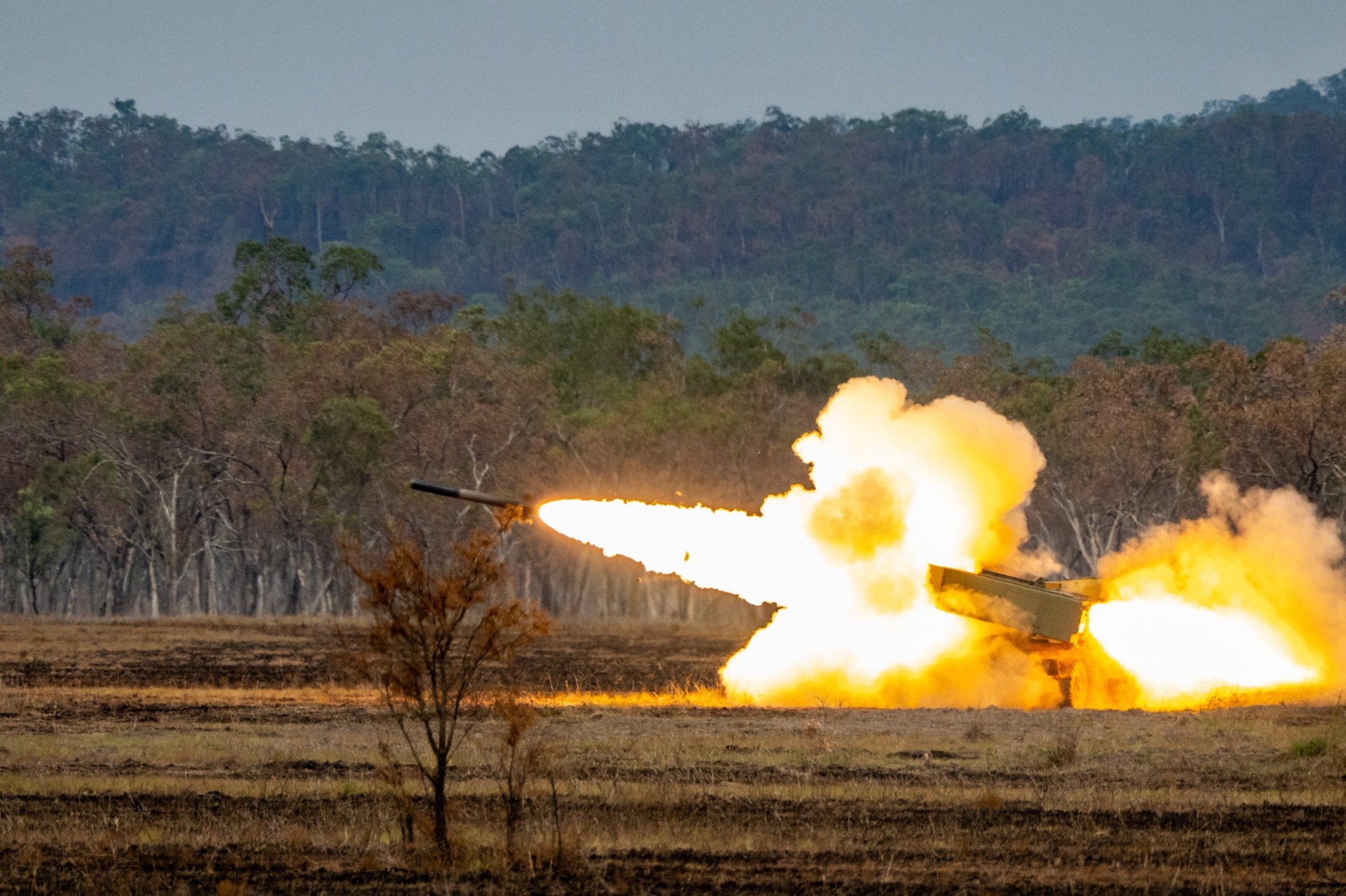
Exercise Wallaby 2025: To see better, shoot faster
31 Oct 2025
The SAF focuses on complex strike missions and multi-domain integration in Exercise Wallaby 2025, the 35th edition of its largest unilateral overseas exercise.
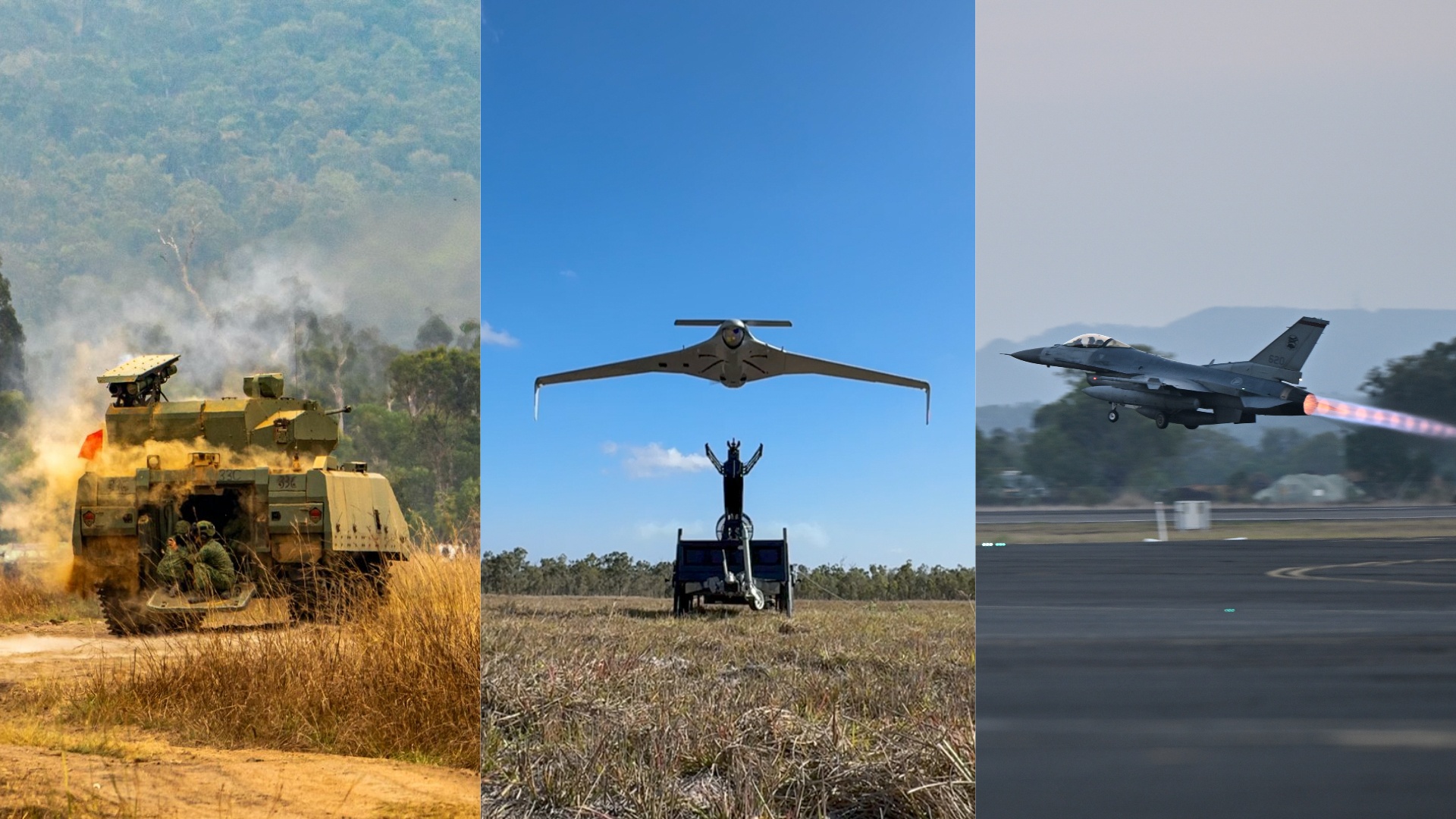
Ex Wallaby 25 – Greater Integration and Complexity
25 Oct 2025
The 35th edition of the SAF’s largest unilateral overseas exercise is an opportunity for expanded scale and deeper integration towards an effective, networked fighting force.


